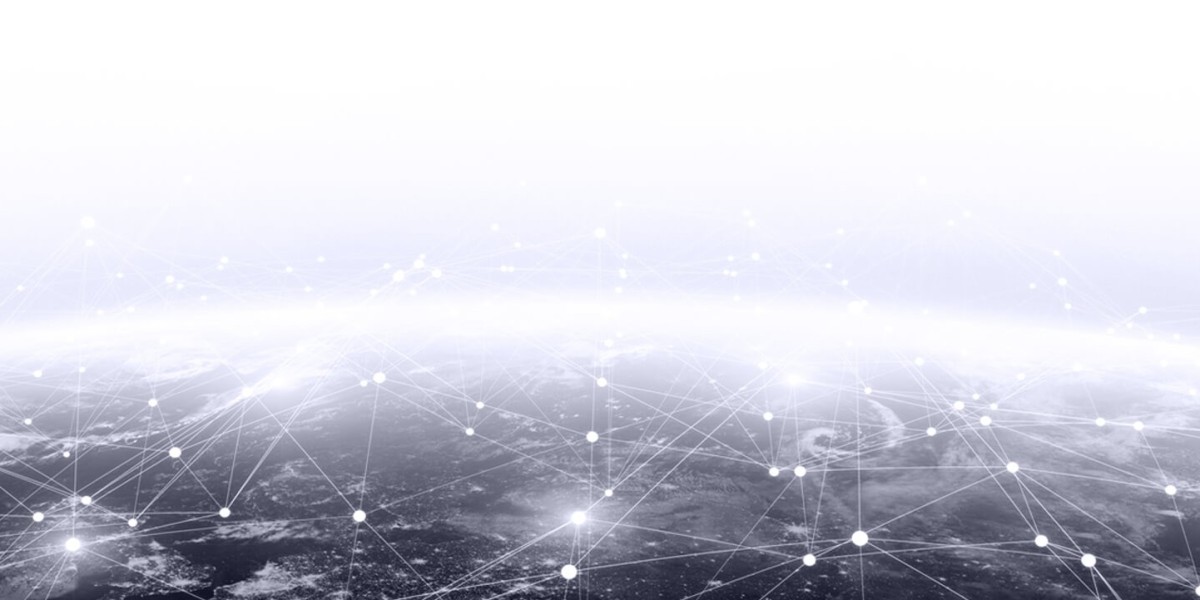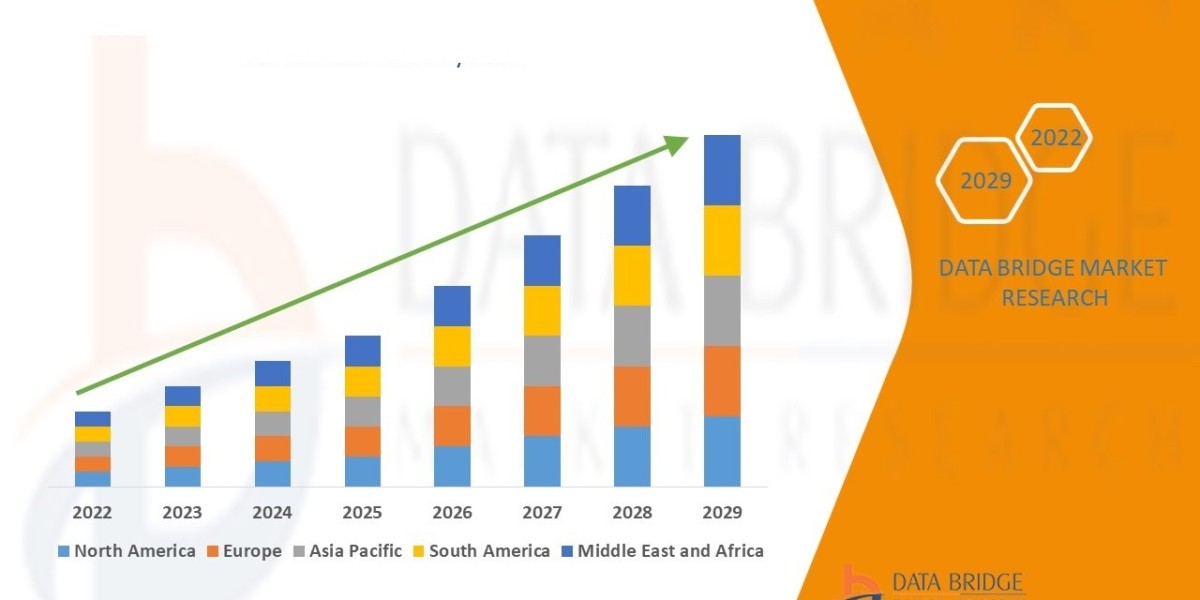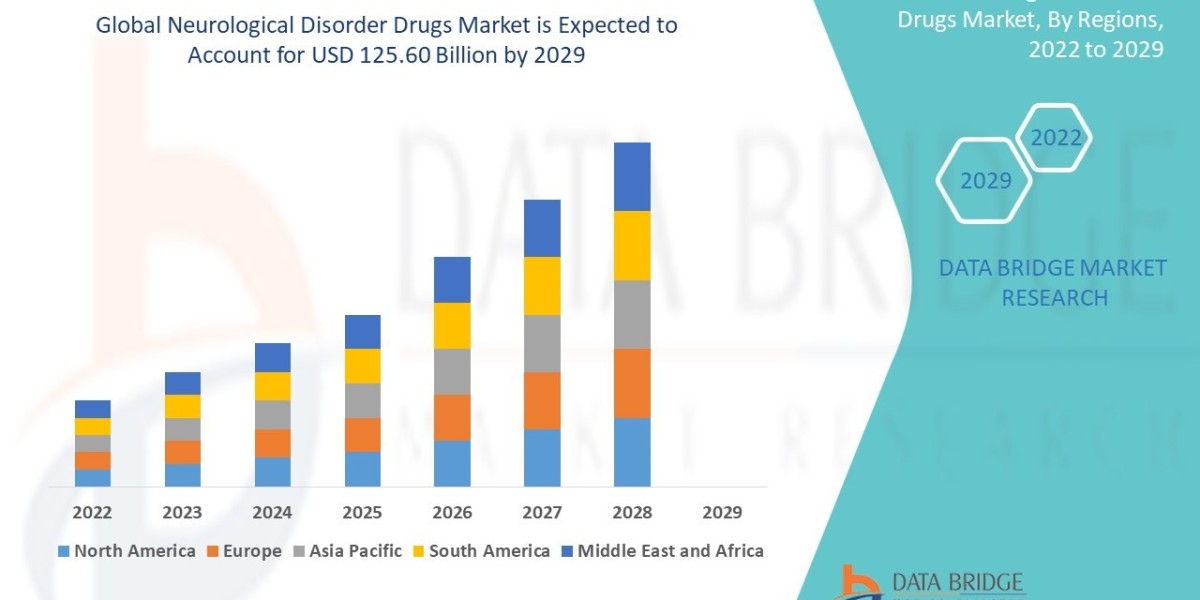The maritime industry, often associated with tradition and time-honored practices, is currently experiencing a sea change. In an era characterized by digital transformation and automation, the integration of Artificial Intelligence (AI) is reshaping the industry, promising unprecedented efficiency, safety, and sustainability. From autonomous ships to predictive maintenance and environmental monitoring, AI is poised to revolutionize the way we navigate the world's oceans. In this blog, we will dive deep into the ways AI is transforming and bringing digitalization in the maritime industry, and the innovative applications that are driving this change.
The Rise of Autonomous Shipping
One of the most groundbreaking developments in the maritime industry is the rise of autonomous ships. These AI-driven vessels are changing the way goods are transported across the world. Powered by advanced sensors, machine learning algorithms, and predictive analytics, autonomous ships can navigate the seas with minimal human intervention. The benefits are manifold.
Safety: Autonomous ships are less prone to human error, reducing the risk of accidents caused by fatigue, human distraction, or misjudgment. Their advanced sensors can detect obstacles and adjust course swiftly.
Efficiency: These vessels can optimize routes in real-time, taking into account weather conditions, traffic, and fuel efficiency. This results in shorter voyage times and significant cost savings.
Environmental Impact: AI helps in optimizing fuel consumption, reducing emissions, and mitigating the maritime industry's environmental footprint. It can also assist in monitoring and responding to oil spills or other environmental disasters.
Predictive Maintenance
The maritime industry is capital-intensive, and ship maintenance is crucial to ensure safety and avoid costly breakdowns. AI is being used to predict maintenance needs and optimize schedules, reducing downtime and saving money.
Condition-Based Monitoring: AI systems can analyze sensor data in real-time to detect anomalies that indicate potential mechanical or electrical problems. These anomalies can be addressed before they escalate into serious issues.
Optimized Scheduling: AI can develop maintenance schedules based on data analysis, helping to minimize downtime and maximize the lifespan of critical equipment.
Weather Forecasting and Routing Optimization
Accurate weather forecasting and routing optimization can have a significant impact on the maritime industry. AI is being used to improve these critical aspects.
Improved Weather Predictions: Machine learning models can process vast amounts of data, including historical weather patterns, current conditions, and even satellite imagery to make more accurate and timely weather predictions. This helps ships avoid storms and rough seas, enhancing safety and fuel efficiency.
Route Optimization: AI can continually analyze route data and adjust courses to avoid congestion and reduce fuel consumption. This real-time optimization helps ships reach their destinations faster and with minimal fuel consumption.
Environmental Monitoring and Sustainability
The maritime industry is increasingly focused on sustainability. AI technologies can play a pivotal role in monitoring and reducing the environmental impact of shipping.
Emissions Reduction: AI-powered systems can monitor engine emissions and provide insights into fuel consumption. This data is crucial for compliance with international regulations and helps companies reduce their carbon footprint.
Marine Life Protection: AI can be used to detect marine life and reduce the risk of collisions between vessels and wildlife. This is essential for protecting fragile ecosystems and ensuring sustainable practices.
Security and Piracy Prevention
Piracy remains a significant concern in some parts of the world, and AI is aiding in the prevention of attacks on ships.
Predictive Analytics: AI can analyze data to predict the likelihood of piracy in certain areas. Ships can then adjust their routes or increase security measures accordingly.
Security Systems: AI-based security systems can help detect and respond to potential threats in real-time, enhancing the safety of crew and cargo.
IEC Telecom also provides cutting-edge telecom cybersecurity solutions for the shipping industry, ensuring enhanced security and piracy prevention.
Challenges and Considerations
While the benefits of AI in the maritime industry are evident, there are challenges that need to be addressed:
Regulatory Hurdles: Maritime regulations must catch up with the rapid advancements in AI and autonomous shipping. Governments and international organizations need to develop clear guidelines and standards.
Data Privacy and Cybersecurity: As the industry becomes more reliant on data, ensuring data privacy and maritime cybersecurity is crucial. Protecting sensitive information and preventing cyberattacks on autonomous systems is a top priority.
Human-AI Collaboration: The integration of AI should not lead to job displacement. Instead, the maritime industry should focus on human-AI collaboration, where humans oversee AI systems and step in when necessary.
Conclusion
The maritime industry is on the cusp of a digital revolution, thanks to the integration of AI technologies. From autonomous ships and predictive maintenance to enhanced weather forecasting and environmental monitoring, AI is set to transform and bring digitalization in the shipping industry in remarkable ways. While challenges remain, the potential for increased safety, efficiency, and sustainability is immense.
As we sail into the future, the maritime industry is proving that it can embrace innovation while preserving the time-honored traditions that have defined it for centuries. With AI at the helm, the maritime industry is navigating a course toward a brighter, more efficient, and sustainable future.








